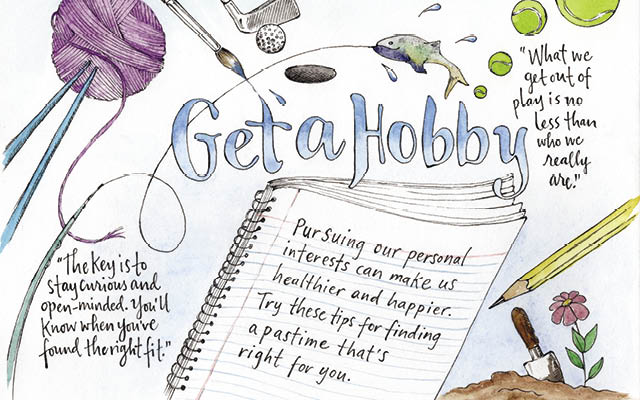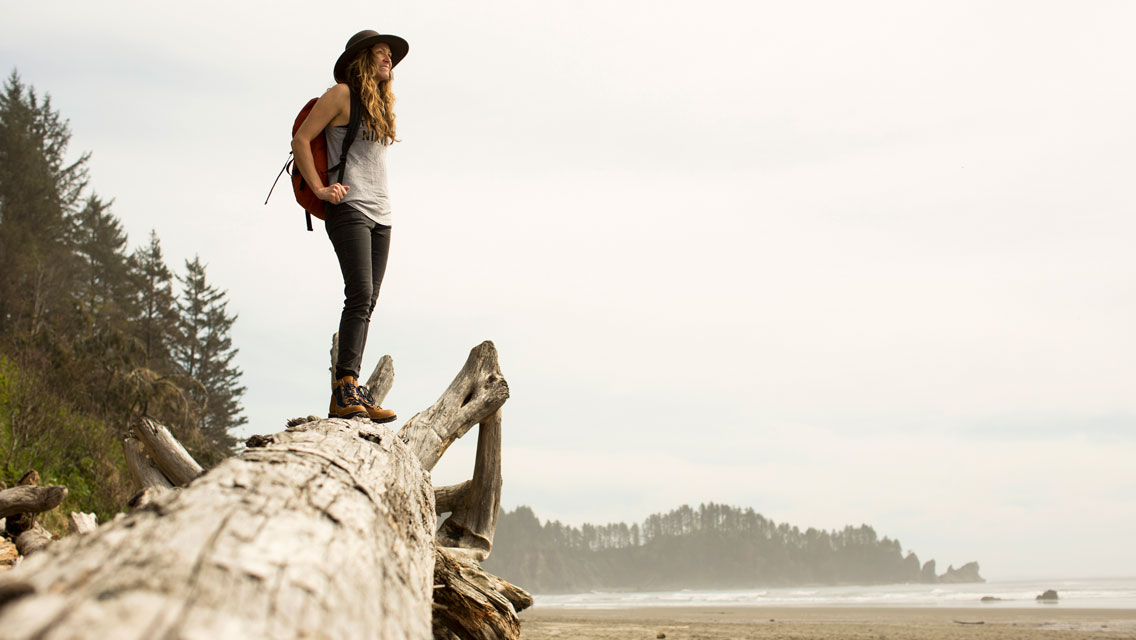According to well-respected psychologist, researcher and best-selling author Mihaly Csikszentmihalyi, people are actually much more likely to enjoy activities that require a great deal of energy and intense concentration. This is true regardless of whether such activities occur at work or at play, alone or with a group. And it appears to be true the world over.
Based on decades of international research with hundreds of thousands of individuals from many different countries, Csikszentmihalyi and his colleagues have convincingly established that, for most people, the highest levels of satisfaction evolve from an experiential state called “flow.”
Flow Time
Flow is a state of intense concentration — a state in which people feel alert and in control while at the same time feeling completely absorbed by what they are doing in the moment. Flow can occur while we are engaged in a game, a sport, a creative art or a challenging work task. Interestingly, it almost never occurs when we are engaged in passive distraction or relaxation activities.
[Experiences of flow] typically emerge from a specific set of factors, including an ideal challenge level, intense concentration, clear goals and immediate feedback.
In Csikszentmihalyi’s ground-breaking book, FLOW: The Psychology of Optimal Experience, he explains the phenomenon and conditions of flow in detail, noting that flow experiences typically emerge from a specific set of factors, including an ideal challenge level, intense concentration, clear goals and immediate feedback.
When people are in a flow state, self-consciousness fades and environmental distractions seem to disappear. Their sense of time may be altered (hours may pass by in minutes, and minutes can stretch out to seem like hours). Even difficult tasks may become almost effortless, and they typically experience a sense of enjoyment so deep and so rewarding that at that moment there’s virtually nothing they’d rather be doing.
Athletics and Flow
For many, sports and athletics are a particularly rich source of flow experiences. Accordingly, says David Creswell, a research associate at the Quality of Life Research Institute at Claremont University, the concept of flow is both well accepted and widely employed in professional training circles. Creswell, a practicing tennis pro, tennis coach and former mental-skills coach for the U.S. national short-track speedskating team, says he has found flow-based methodologies very useful in building athletic performance. He also says that a flow-based approach can work as well for inexperienced athletes as it does for Olympic hopefuls. “In every case,” says Creswell, “the key to athletic growth lies in finding an optimal challenge/skills balance and creating an environment of intense focus.”
A personal trainer, coach or group fitness instructor can be a big help in creating flow-worthy athletic experiences, because they are constantly contributing to flow-oriented conditions — evaluating and challenging your skills, keeping you focused on clear goals, correcting your form, giving you feedback and then raising the bar so you never have a chance to get bored or slack off.
Even if you work out alone, though, you can still create flow experiences for yourself. Chances are, you already do. When that beginning yoga class gets too easy, you move on to intermediate. When that weight starts feeling a little too doable, you add a few extra pounds to your dumbbell. When you up the ante, you up your focus and your subsequent chances of creating flow.
The only trouble is, it’s easy to get into a routine or a rut where you forget to set new goals and start just going through the motions. Your focus suffers, your excitement dwindles, and eventually, if you deprive yourself of that “flow” feeling for too long, you risk growing disenchanted with your workouts altogether.
To counter this tendency, Creswell suggests that individuals working alone make an effort to regularly document and review their athletic goals, to set specific mini-goals for each workout and then essentially coach themselves through each session, building intensity and discipline and avoiding distractions at all costs. He also suggests taking a moment to collect your thoughts before beginning any workout. “Creating flow is in large part a mental game,” explains Creswell. “Like a runner’s high, it takes discipline to achieve, but it’s also incredibly exhilarating.”



This Post Has 0 Comments